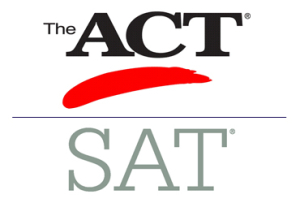Careful when listening to college tour guides: test scores matter enormously
By Daryl CapuanoSAT ACT Test Prep
If you haven’t discovered already, colleges have outstanding marketing departments. In order to demonstrate selectiveness – an important factor for college rankings – colleges need to attract many applicants. So, for example, has 1000 applicants for 500 spots, the college marketing department is tasked with increasing the number of applicants to 2000. One way to do so is to encourage students to apply. And one way to encourage students to apply is to tell them the misleading view that the test scores do not matter so much. There is an element of truth: there are some outstanding “stories”, diversity candidates, special talents (athletes) who do not need top test scores.
But, for everyone else, be advised: maximize your test scores.
This hidden world – what college admissions officers really think – can come through guidance counselors, particularly at prep schools where the counselors often know the college admissions officers directly, but sometimes just from the good fortune of having an old friend or acquaintance working as one of the gatekeepers.
Such was the case recently when a student from Fairfield County who attends a top school in New Haven was told very directly that he needed one more point on his ACT score to have his application reviewed in any serious way. He had a 29 on his ACT. The college desired (or really required) a 30 ACT.
The mother was apoplectic. “But during the college tour…” I stopped her and finished her sentence: “they told you that test scores were just part of the process and that grades, activities, and other holistic elements of the application process were more important.” I had heard this refrain hundreds of times during the decade and a half of providing college counseling and test prep to students along the Connecticut shoreline, as in sophisticated, college-savvy parents, who generally would be “in the know”.
Only recently had the mother discovered that one of her college friends had a cousin who worked in the admissions office of the particular college. Through back channels, the information about the deficient test score was relayed but, unfortunately, too late for this student as he had gone Early Decision (as opposed to Early Action) and had, thus, wasted a valuable strategic chip in his college admissions arsenal.

CEO, The Learning Consultants and Connecticut’s top private education consultant
full bio

